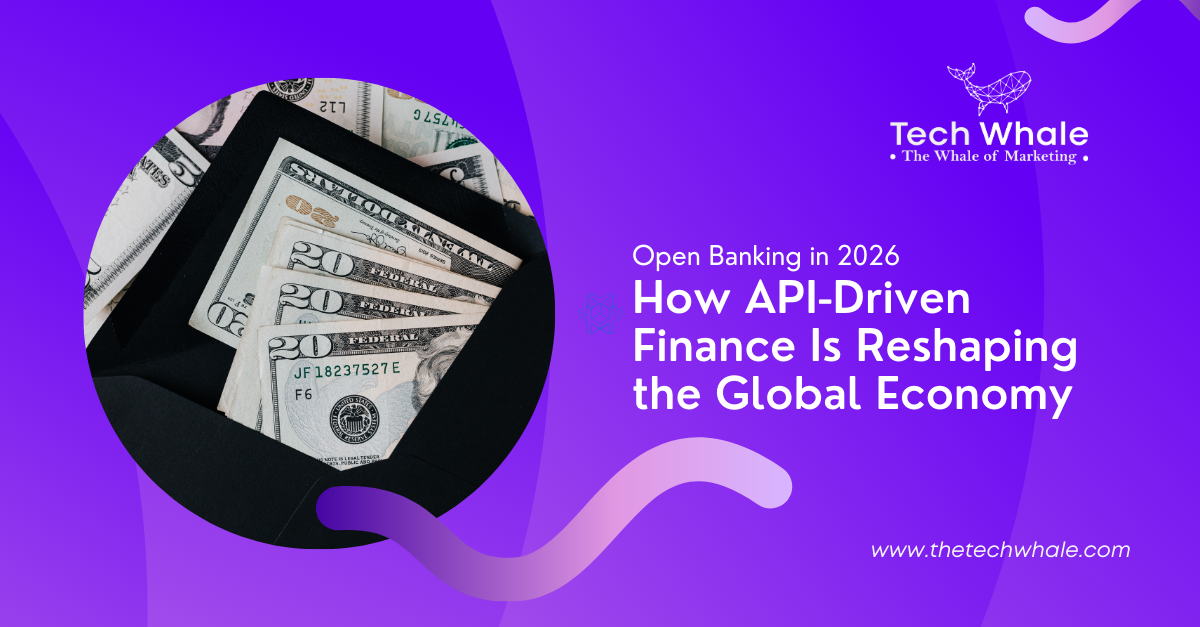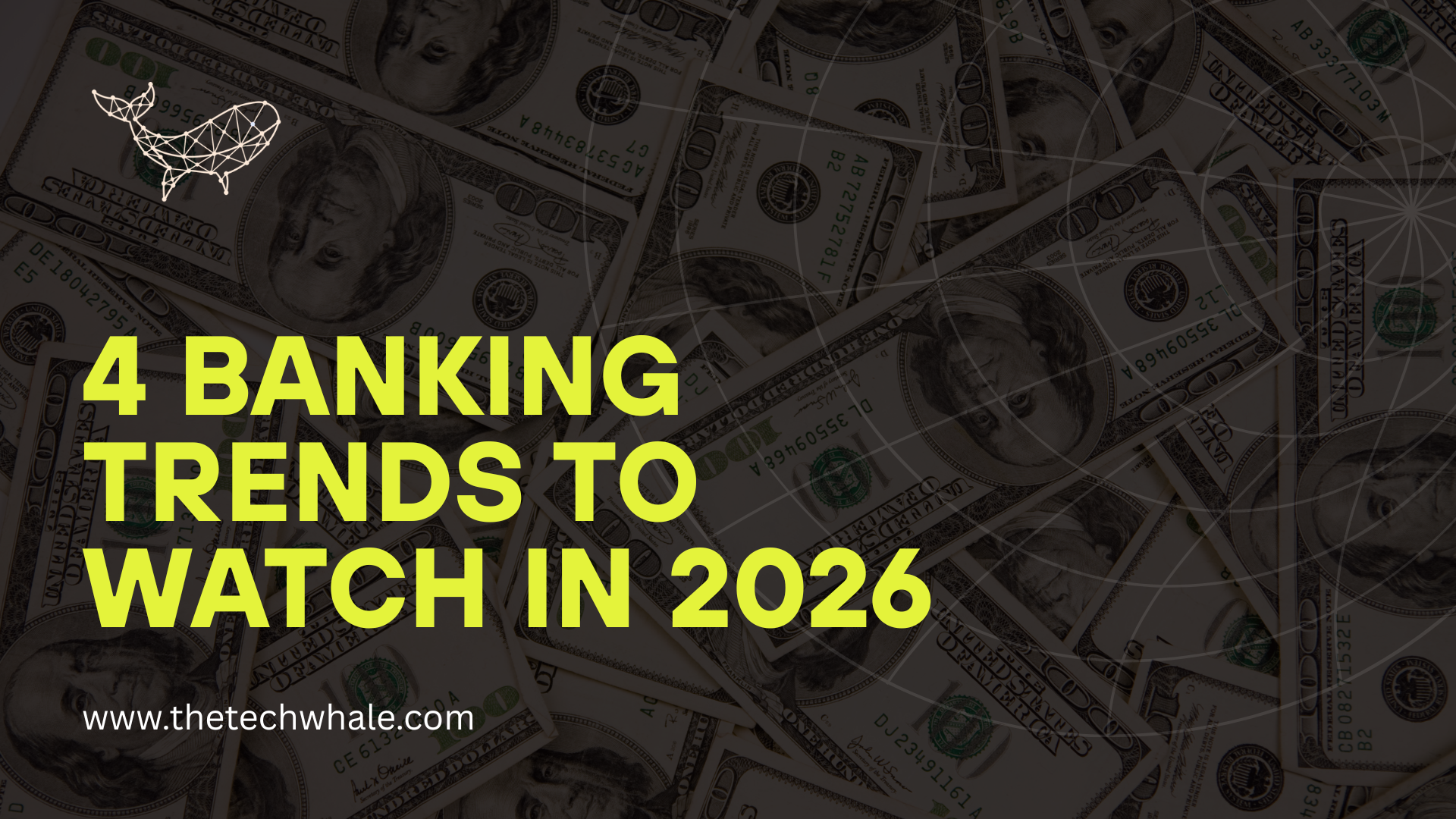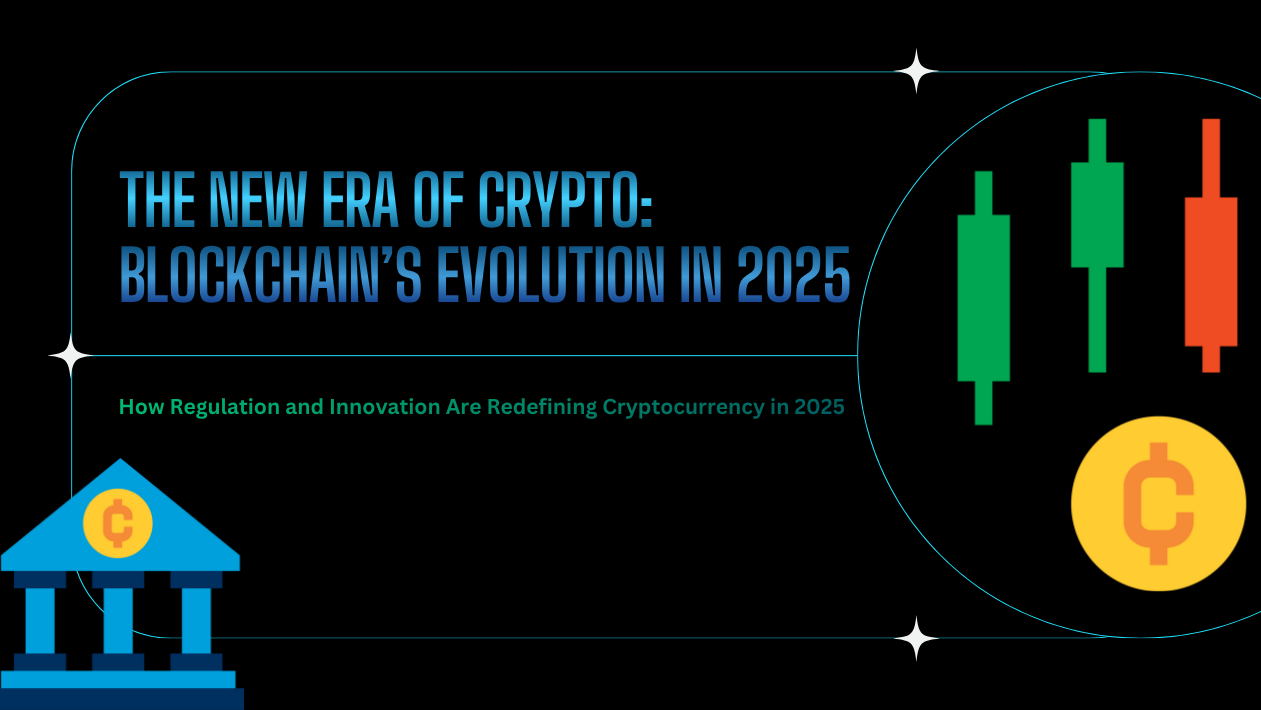In 2025, personal finance is undergoing a profound transformation as technology, automation, and financial education converge to help individuals manage their money smarter and faster. With the rise of AI-powered financial advisors, micro-investing apps, and real-time budgeting tools, people across all income levels are gaining greater control over their financial futures.
This year marks a new chapter in personal finance, driven by personalization, automation, and financial inclusivity.
AI Becomes the Personal Finance Coach for Millions
Smart financial assistants powered by artificial intelligence are helping users track spending, set savings goals, optimize debt repayments, and suggest investments—all in real time.
Apps like Cleo, Digit, and Fyle use AI to offer hyper-personalized advice, alerting users when they’re overspending or missing out on savings opportunities. These tools now act like 24/7 financial coaches—no human advisor required.
Micro-Investing Gains Momentum Among Gen Z and Millennials
Platforms like Acorns, Stash, and Groww are making investing more accessible by allowing users to start with as little as ₹10 or $1. With fractional shares, round-up investments, and curated ETF portfolios, investing is becoming a habit for younger generations—not just a luxury for the wealthy.
Real-Time Budgeting and Automation Reduce Financial Stress
Consumers are embracing automated savings, real-time expense categorization, and goal-based budgeting tools. Apps now sync directly with bank accounts and digital wallets to provide live dashboards and instant financial insights.
These innovations are helping individuals save more consistently, reduce debt faster, and avoid overdraft fees—making day-to-day money management nearly effortless.
Financial Literacy Goes Digital and On-Demand
With content-rich platforms like YouTube Finance Creators, Finfluencers, and e-learning hubs like Khan Academy and Zerodha Varsity, financial literacy is becoming more engaging and widespread. From learning how to invest to understanding credit scores, users can now access quality personal finance education for free.
Digital Credit Monitoring Becomes a Daily Habit
Personal credit health is now tracked just like fitness. Platforms like Credit Karma, CRED, and OneScore allow users to monitor credit scores, get personalized loan offers, and receive fraud alerts instantly—helping maintain financial health proactively.





